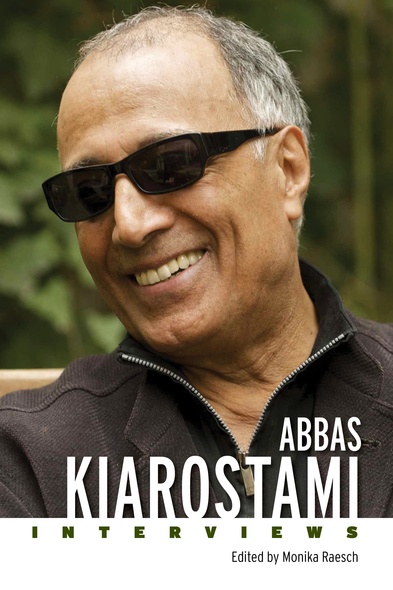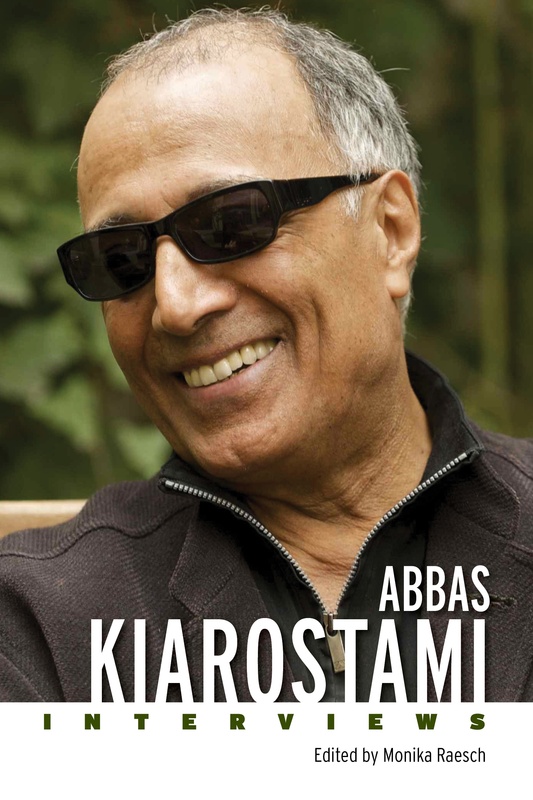
The cinephile community knows Abbas Kiarostami (1940–2016) as one of the most important filmmakers of the previous decades. This volume illustrates why the Iranian filmmaker achieved critical acclaim around the globe and details his many contributions to the art of filmmaking. Kiarostami began his illustrious career in his native Iran in the 1970s, although European and American audiences did not begin to take notice until he released his 1987 feature Where’s the Friend’s House? His films defy established conventions, placing audiences as active viewers who must make decisions about actions and characters while watching the narratives unfold. He asks viewers to question the genre construct (Close-Up) and challenges them to determine how to watch and imagine a narrative (Ten and Shirin). In recognition for his approach to the craft, Kiarostami was awarded many honors during his lifetime, including the top prize at the Cannes Film Festival in 1997 for Taste of Cherry.
In Abbas Kiarostami: Interviews, editor Monika Raesch collects eighteen interviews (several translated into English for the first time), lectures, and other materials that span Kiarostami’s career in the film industry. In addition to exploring his expertise, the texts provide insight into his life philosophy. This volume offers a well-rounded picture of the filmmaker through his conversations with journalists, film scholars, critics, students, and audience members.
I found the explanations that Kiarostami provides for his films quite enlightening and not at all limiting the interpretations of his movies by various individuals. . . . Kiarostami fans will find much to savour in this book.
The world of cinema is not the same without Abbas Kiarostami, a filmmaker whose later work (Certified Copy, Like Someone in Love) was every bit as provocative as classics like Close-Up and Taste of Cherry. As evident in Abbas Kiarostami: Interviews, which includes conversations from 1991 to 2016, he was also eminently quotable.
Monika Raesch is associate professor of film studies and video production at Suffolk University. A native of Germany, she is editor of Margarethe von Trotta: Interviews, published by University Press of Mississippi, and author of The Kiarostami Brand: Creation of a Film Auteur. Her work has appeared in such publications as the Journal of Film and Video and Feminist Media Studies.





